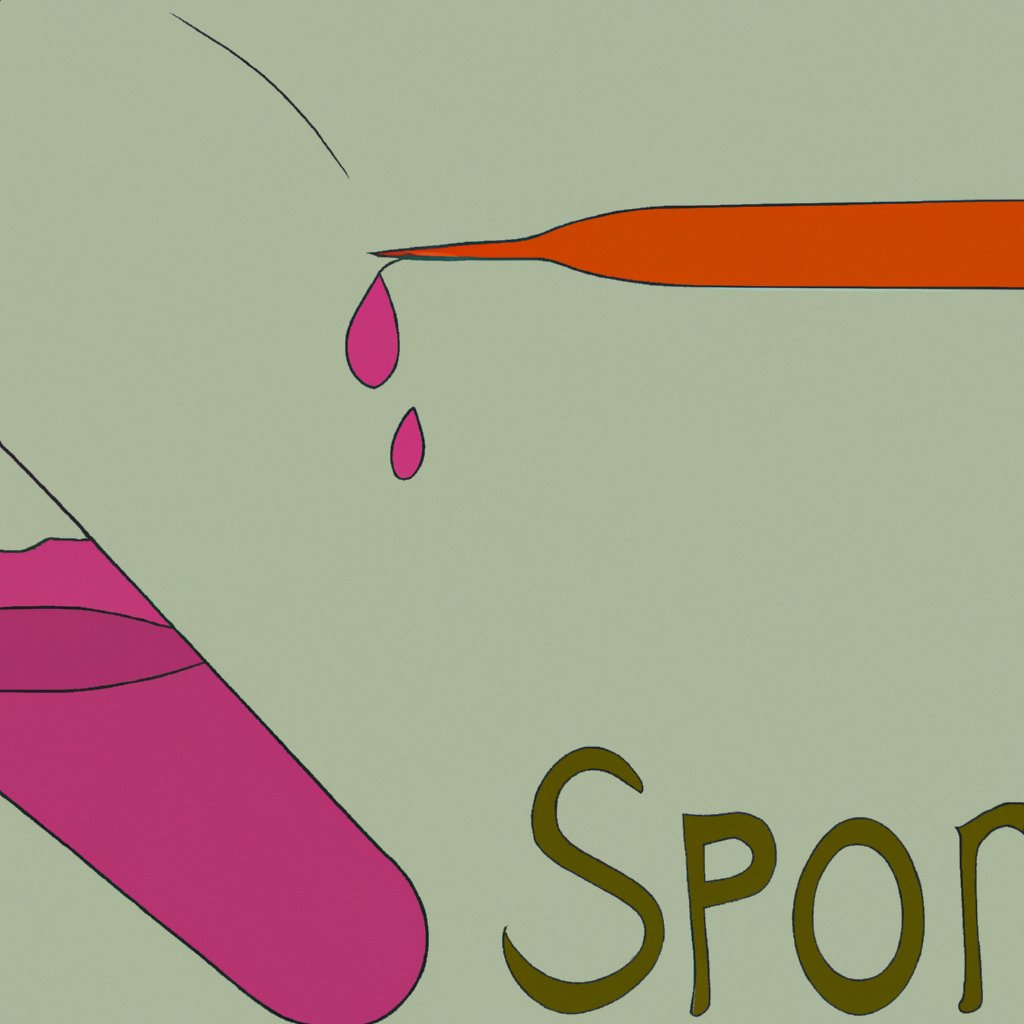Biotechnology: Revolutionizing the Way We Live
Biotechnology is a rapidly advancing field that merges biology with technology to develop innovative solutions for a variety of industries. This cutting-edge discipline has the potential to revolutionize the way we live, offering new opportunities to improve health, agriculture, and the environment.
In the realm of healthcare, biotechnology has led to the development of novel treatments and therapies for a wide range of diseases and conditions. From personalized medicine tailored to an individual’s unique genetic makeup to targeted cancer therapies and regenerative medicine techniques, biotechnology has opened up new possibilities for improving patient outcomes and quality of life.
In agriculture, biotechnology has played a crucial role in increasing crop yields, enhancing nutritional content, and developing pest-resistant plants. Genetically modified organisms (GMOs) have enabled farmers to grow crops more efficiently and sustainably, reducing the need for harmful pesticides and herbicides while addressing global food security challenges.
Biotechnology also holds great promise for addressing environmental issues such as climate change and pollution. Through the use of bioremediation techniques, microorganisms and plants can be engineered to clean up contaminated sites and wastewater, offering sustainable solutions for environmental restoration. Additionally, biotechnology is being leveraged to develop biofuels and renewable energy sources, reducing our reliance on fossil fuels and mitigating the impact of climate change.
The potential applications of biotechnology are vast and varied, encompassing fields as diverse as pharmaceuticals, agriculture, energy, and environmental science. However, along with its promises come ethical considerations and challenges that must be navigated carefully. Issues such as genetic engineering, gene editing, data privacy, and regulatory oversight require thoughtful deliberation to ensure that biotechnology is used responsibly and ethically.
As biotechnology continues to evolve and expand, it is critical for researchers, policymakers, and the public to engage in dialogue and collaboration to harness its full potential while safeguarding human health and the environment. By fostering innovation, promoting transparency, and upholding ethical standards, we can harness the power of biotechnology to create a brighter and more sustainable future for all.
In conclusion, biotechnology represents a groundbreaking frontier of science and technology that holds immense promise for improving human health, enhancing agriculture, and safeguarding the environment. With careful consideration of ethical and social implications, biotechnology has the potential to transform our world for the better, offering new opportunities to address global challenges and improve the quality of life for all.

Leave a Reply